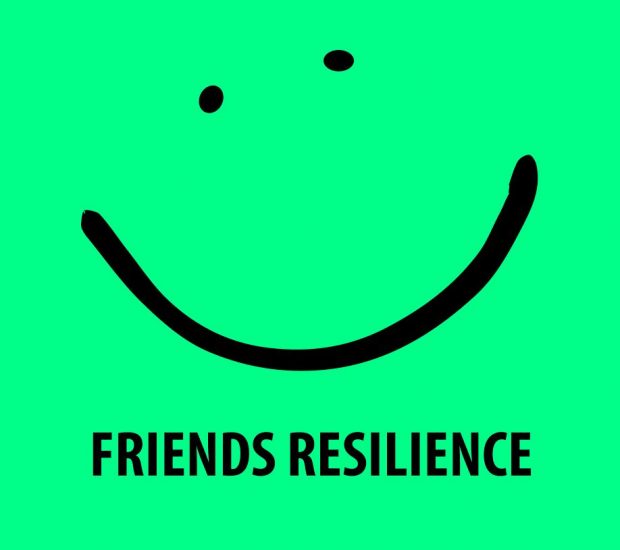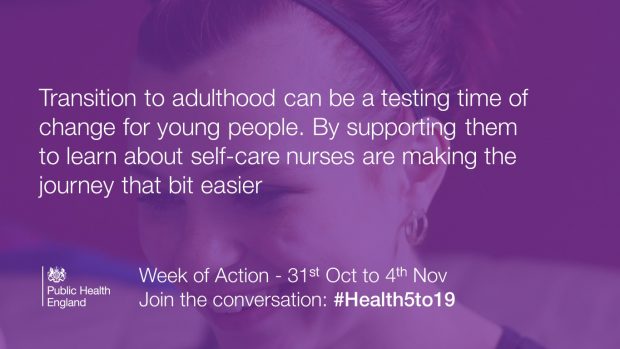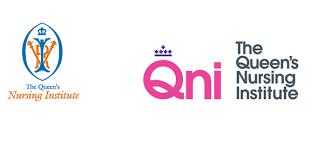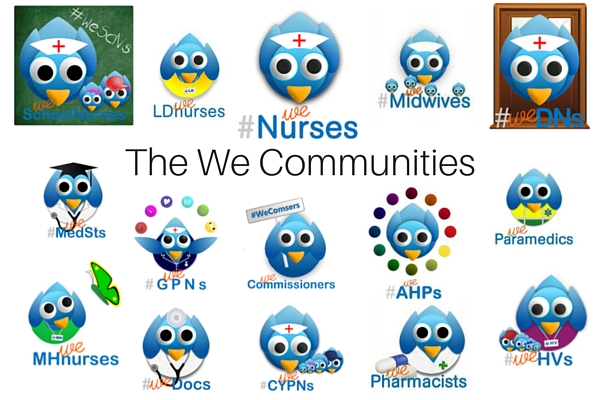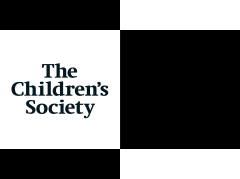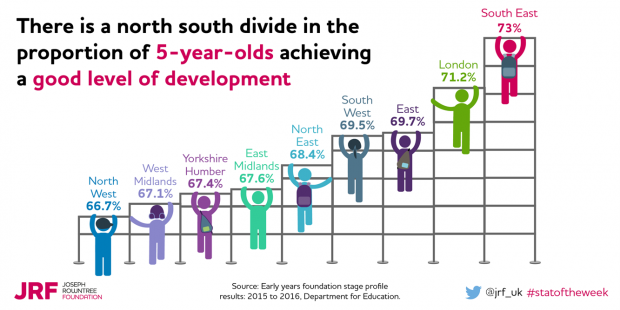Blogs
Health care services play an important role in each and every individual’s life, including young people’s. This is why the young should be involved in making decisions regarding their care - they are not an add-on to the service but …
Forrest Gump once said that life is like a box of chocolates, but if life is like a box of chocolates, then growing up must be like eating those chocolates upside down and immersed head first in a vat of …
I was 16 years old. Being 16 is a busy time and it certainly was for me; I was a school leaver and from recently separated parents. I had a new and very scary job in a bank. I started …
Half of all mental health problems are established by the age of 14 and 75% by early adulthood. 1 in 10 children and young people have a diagnosable mental health problem and yet accessing support is still a challenge. (Mental …
I recently looked at the evidence of school nurse impact - we know they’re a unique and innovative workforce, we know they’re tasked with leading the Healthy Child Programme (5-19), and we know they work hard… but what difference do …
School Nurses know so well paediatric or children and young people’s care generally ends at 16 years of age requiring a move to adult services yet this age group is often invisible when we address experiences of care. Perhaps it …
The Queen’s Nursing Institute is undertaking a two-year project, funded by the Burdett Trust for Nursing, which looks at how we can enable community nurses to support young people with long term conditions, who have transitioned from children’s services to …
I firmly believe that Dr Seuss was right when he said “The more that you read, the more things you will know. The more that you learn, the more places you’ll go” and I one hundred percent belive that social …
The Children’s Society’s Seriously Awkward campaign launched last year is calling for better support and protection for vulnerable older teenagers as they transition to adulthood. High level of emotional needs Being 16 or 17 is known as an awkward age. …
New data released last week brought the welcome news that the percentage of children achieving a good level of development by the end of Reception continues to rise, with a national average of 69.3% in 2016, up 3 percentage points …


